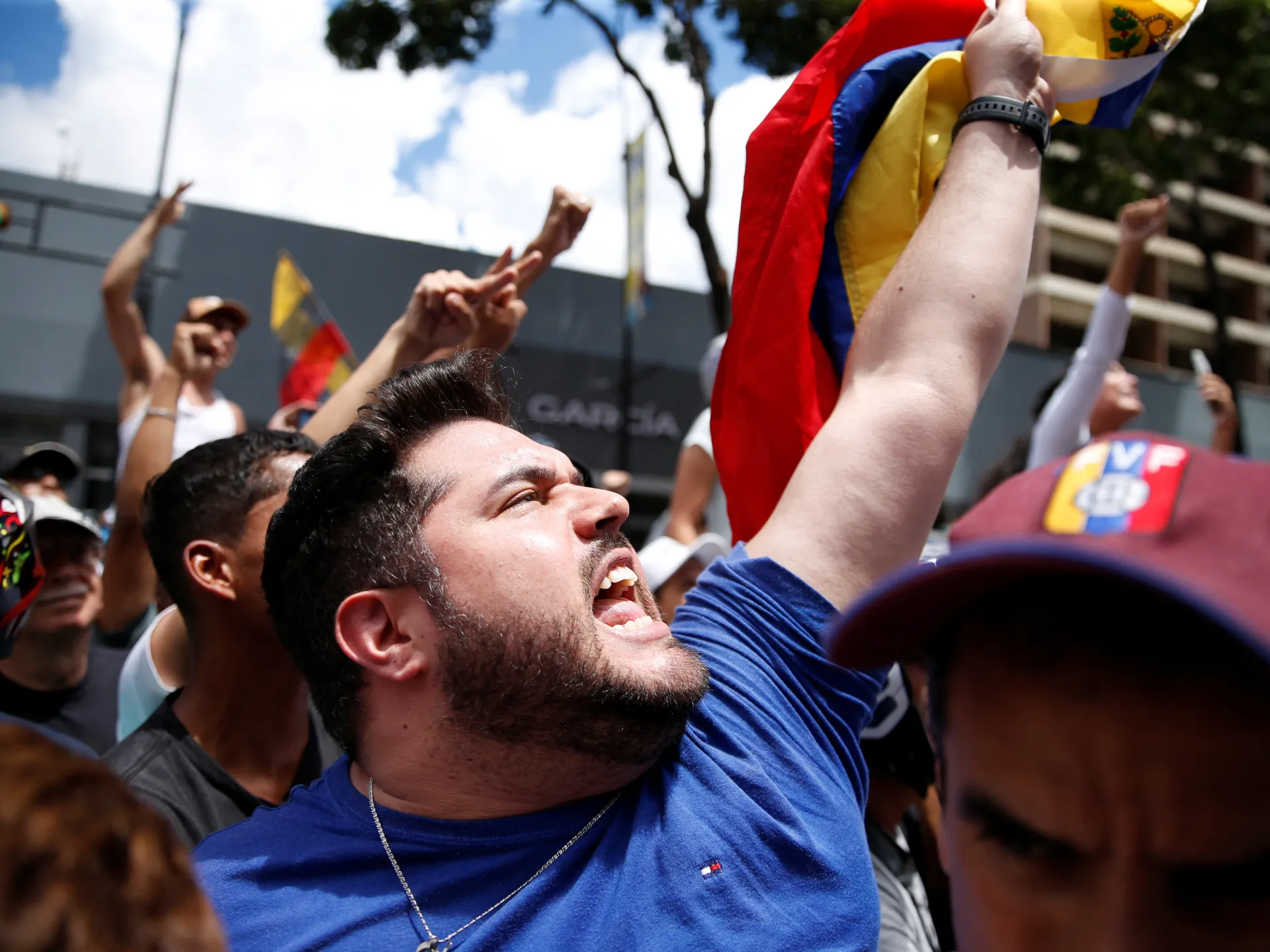Venezuela has plunged into political chaos following the highly disputed presidential election that saw Nicolás Maduro claim victory. Allegations of widespread electoral fraud have sparked massive protests across the country, with opposition leaders and international observers questioning the legitimacy of the results.
The election was marked by widespread claims of irregularities, with many alleging that the government manipulated the outcome to secure Maduro's re-election. The opposition, led by prominent figures like María Corina Machado, has vehemently rejected the results, accusing the government of disenfranchising voters and rigging the election in Maduro’s favor. International bodies, including the Organization of American States (OAS), have expressed concern over the transparency and fairness of the electoral process, further fueling tensions within the country.
As the results were announced, protests erupted in cities across Venezuela. Demonstrators, frustrated by years of economic hardship and political repression, took to the streets demanding justice and transparency. The protests quickly turned violent, with clashes between security forces and demonstrators leading to multiple casualties. The government’s response has been swift and forceful, with security forces employing tear gas, rubber bullets, and, in some cases, live ammunition to disperse the crowds.
The international community has been deeply divided over the situation in Venezuela. While some countries have recognized Maduro's victory, others have voiced strong opposition, calling for a thorough investigation into the electoral process. The United States, in particular, has been vocal in its condemnation, with officials warning of further sanctions if the government continues to suppress the opposition.
Regional bodies like the OAS have also played a significant role in highlighting the irregularities of the election. The OAS Secretary-General has called for new elections, arguing that the current results do not reflect the will of the Venezuelan people. This has been echoed by several Latin American countries, which have called for diplomatic efforts to resolve the crisis.
The unrest in Venezuela has further destabilized an already fragile country. The protests have paralyzed daily life in many cities, with businesses closing and public transportation coming to a standstill. The economic situation, already dire, has worsened as the country’s political crisis deepens.
There are fears that the ongoing unrest could lead to a broader conflict. The opposition has vowed to continue its protests until their demands for a new election are met. On the other hand, the government has shown no signs of backing down, raising concerns about a potential escalation of violence. The situation remains highly volatile, with both sides locked in a bitter struggle for power.
As Venezuela teeters on the brink, the question of what comes next remains uncertain. The opposition is calling for increased international pressure on Maduro’s government, hoping that external forces can push for a resolution. However, with the government entrenched and supported by key allies, such as Russia and China, a diplomatic solution appears challenging.
The risk of prolonged conflict is real, and the international community may need to act decisively to prevent further bloodshed. Whether through sanctions, diplomatic negotiations, or other means, the goal must be to restore stability and democracy in Venezuela. For now, the country remains in a state of flux, with the outcome of this political crisis far from certain.









